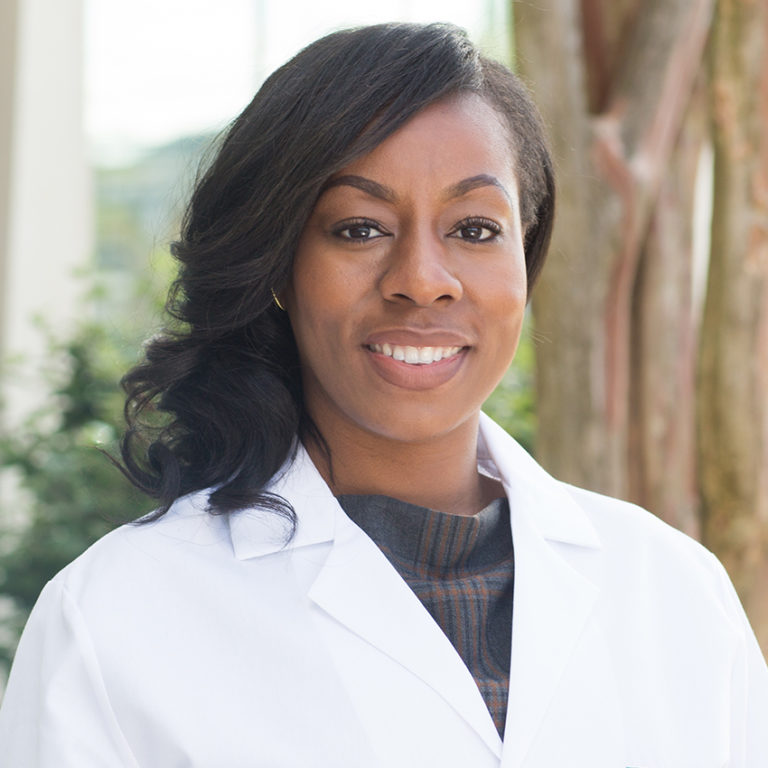The fertility window is described as the most fertile period during a women’s menstrual cycle in which intercourse may lead to a pregnancy. This window is centered around ovulation and speaks to the egg’s short life span of 12-24hrs. When Shady Grove Fertility opened in the 90s, many infertility patients were using “old school” methods to determine whether ovulation occurred, such as Basal body temperature (BBT) charts. As of today, BBT charts are considered an unsophisticated measure, and have since been replaced with simple scientific tests that can quickly and more accurately predict ovulation. SGF Houston physician, Janet Bruno-Gaston, M.D., who see patients at SGF’s Houston – Memorial City and Houston – Texas Medical offices, provides facts about BBT and how you should be measuring your fertility.
What is basal body temperature and is it accurate?
Following ovulation, there is a characteristic change in a women’s BBT by 1°C. The most fertile period during the menstrual cycle occurs directly before ovulation. Using BBT requires patients to retrospectively outline when to be most sexually active. For those of you who have tried charting your basal body temperature, you know the routine. Tracking your basal body temperature can have some unrealistic expectations such as remembering to have a thermometer by your bedside, having an undisturbed night of sleep, or not going to the bathroom throughout the night.
While charting your basal body temperature is sometimes suggested by some physicians or online “experts,” and a biphasic (demonstrated temperature increase) may indicate ovulation, the BBT method is inherently inaccurate and can be anxiety-provoking.
What other methods are used to determine your fertility window?
Prior to ovulation the brain releases luteinizing hormone (LH) that triggers the release of an egg from the ovary. The LH surge typically occurs 12-36 hrs before ovulation. This provides a more accurate assessment of the fertility window and informs patients when it is most important to be sexually active. The most common methods used to determine the LH surge are ovulation predictor kits and serum blood levels.
Ovulation predictor kits
Ovulation predictor kits can be purchased over the counter and use urinary test strips to detect a rise in LH levels. We recommend that couples are sexually active on the day of the LH surge and the day after to optimize chance of pregnancy for that cycle. Additionally, your fertility specialist may monitor your cycle more closely with transvaginal ultrasound and laboratory testing to determine the maturation of a egg in your ovaries and ovulation using serum blood levels.
Your menstrual cycle
The menstrual cycle is an important vital sign that reflects the health of your reproductive system. For women with irregular cycles, ovulation predictor kits may not be reliable and I recommend early evaluation with a fertility specialist as you may need additional testing.
“As I always tell my patients – when dealing with infertility, we might not always have a diagnosis and cure, but the testing gives us a direction to formulate a treatment plan to optimize the potential to become pregnant,” shares Dr. Bruno-Gaston. “Once your diagnosis is established, a treatment plan will be tailored to suit your personal situation. The recommended approach will depend on your age, diagnosis, the duration of infertility, any previous treatments, and your personal preferences.”
Remember to always communicate with your physician, your nurse, and any of our staff with questions and concerns along the way.
Technology within the fertility world has made great strides over the last 20 years and will continue to progress over the years to come. Our goal as doctors and scientists is to continue to provide improvements on old school techniques, like basal body temperature, to lead to higher success for you, our patients.
Medical contribution by Janet Bruno-Gaston, M.D., MSCI
Janet Bruno-Gaston, M.D., MSCI, is board certified in obstetrics and gynecology and in reproductive endocrinology and infertility (REI). Dr. Bruno-Gaston received her medical degree from Morehouse School of Medicine, where she was recognized as a Community Health Honors Scholar for her work with health care disparities.
Editor’s Note: This article was originally published in May 2011 and has been updated for content accuracy and comprehensiveness as of July 2022.






